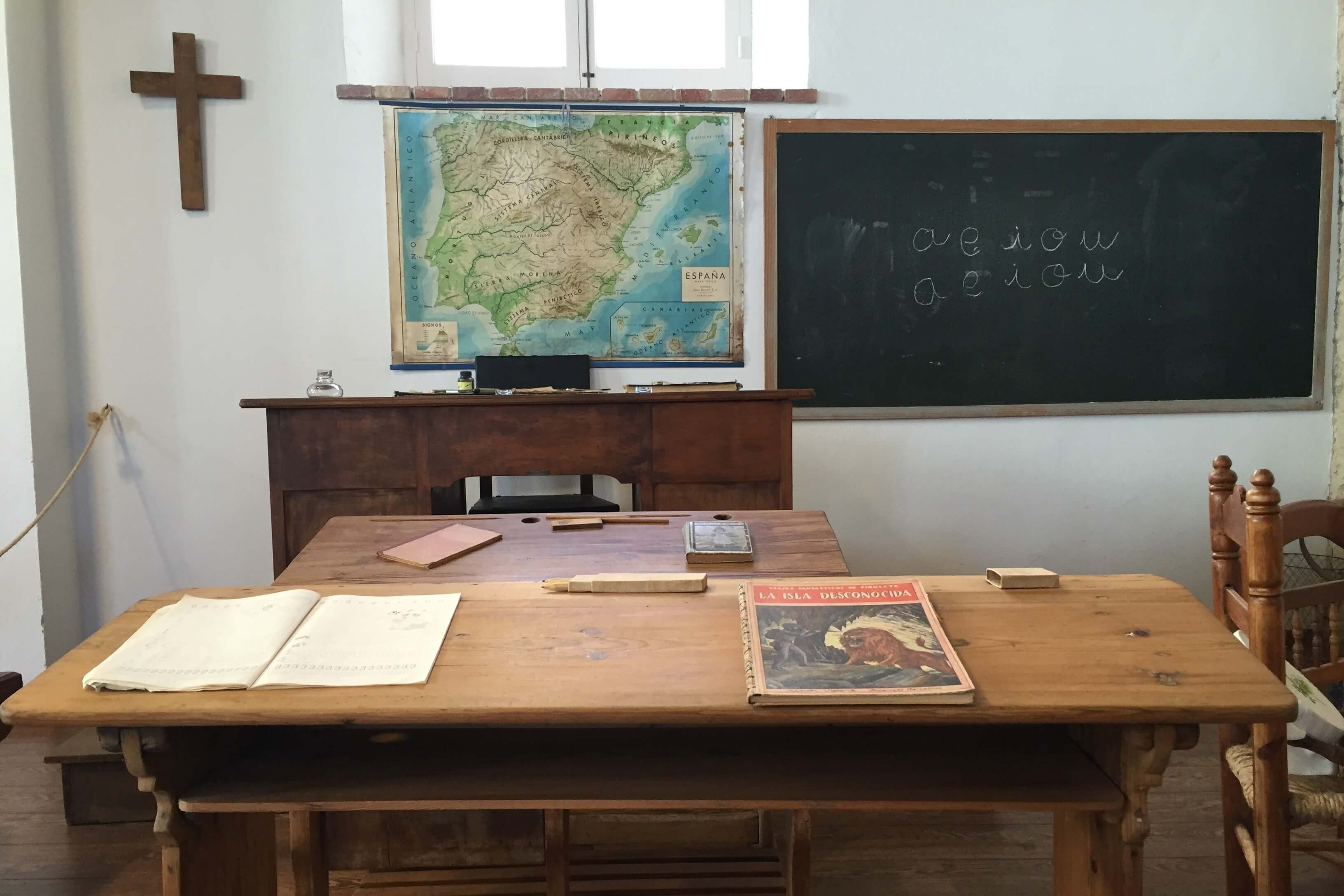Course Content
- Historical Thinking: Analyze continuity, change, causation, and comparison across world history.
- Major Civilizations & Empires: Study developments in Asia, Africa, Europe, the Americas, and Oceania from 1200 CE to the present.
- Themes: Focus on interaction between humans and environment, cultural developments, governance, economics, social structures, and technology.
- Evidence & Argumentation: Build essays and arguments using primary and secondary sources, and master document-based questions (DBQ).
- Key Periods: Learn to connect historical events from pre-modern to contemporary eras and understand global patterns.
- Exam Skills: Practice source analysis, multiple-choice strategies, and essay writing for maximum APWH scores.
Exam Structure
- Section I: Multiple Choice (40%, 55 min) — 55 questions covering key developments, events, and processes from c. 1200 to the present, including political, economic, social, and cultural history.
- Section II: Short Answer Questions (20%, 40 min) — 3 questions requiring analysis, comparison, and interpretation of historical evidence.
- Section III: Document-Based Question (DBQ) (25%, 60 min) — 1 essay analyzing primary and secondary sources to construct an argument supported by evidence.
- Section IV: Long Essay Question (LEQ) (15%, 40 min) — 1 essay requiring historical argumentation, comparison, or causation analysis based on course themes and periods.
Skills Developed
- Historical analysis: interpreting primary and secondary sources
- Critical thinking: evaluating cause-and-effect, continuity, and change over time
- Argumentation: constructing evidence-based essays and historical narratives
- Comparative reasoning: analyzing similarities and differences across regions and time periods
- Research and synthesis: integrating multiple perspectives into coherent historical explanations
Who Should Take AP History?
- 9th–12th graders passionate about history, world cultures, or international relations.
- Students aiming to develop advanced writing, analytical, and critical thinking skills.
- Learners seeking college credit and a strong foundation for AP U.S. History or college-level history courses.
College Credit
Many U.S. colleges grant credit or advanced placement for high AP World History scores (usually a 4 or 5). This can satisfy introductory history or social science course requirements, allowing students to progress to upper-level history or related courses earlier in their college curriculum.





